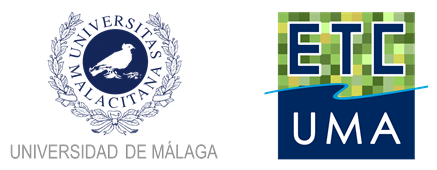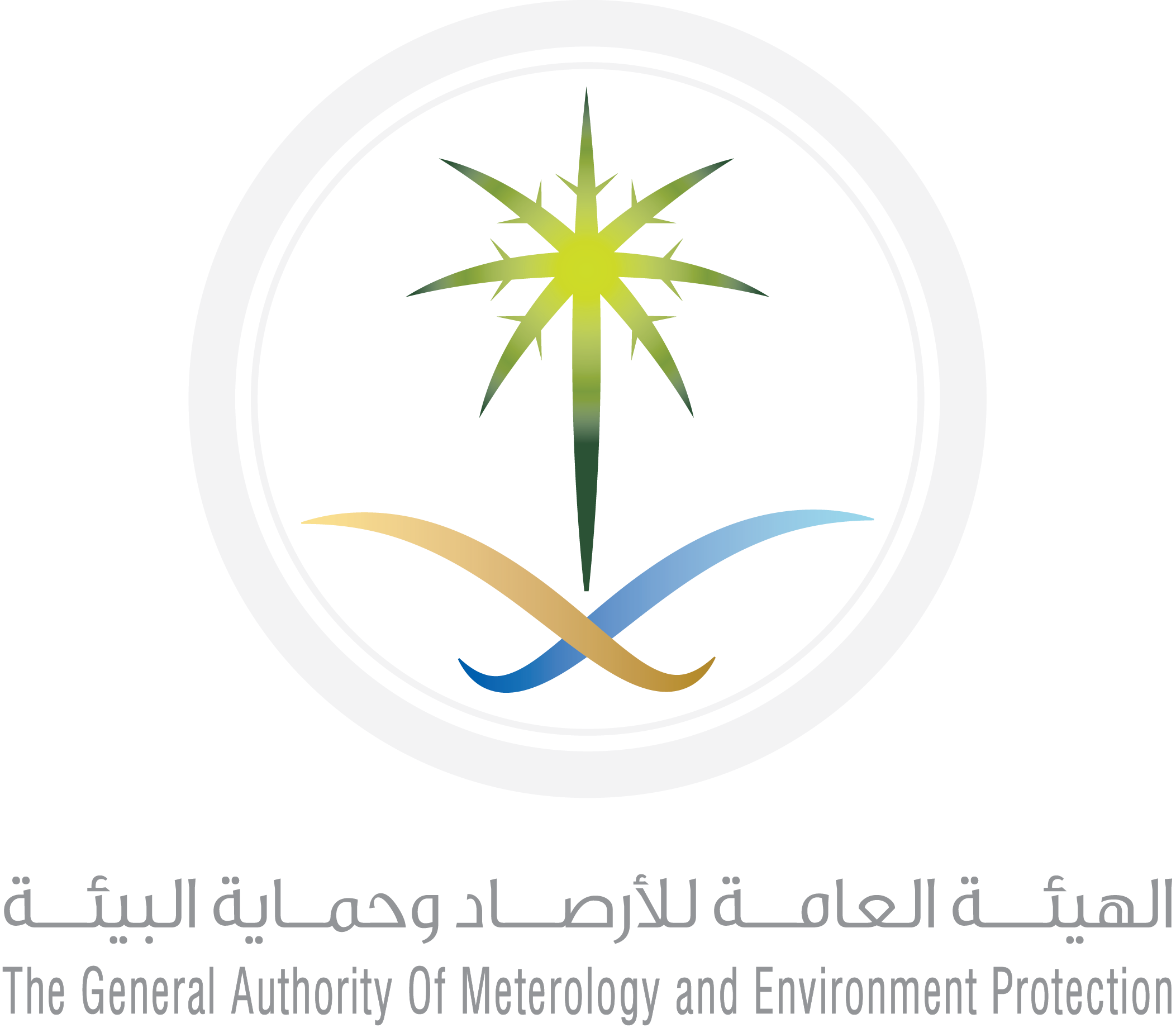Marine and Coastal Protection Assessment Study for the Kingdom of Saudi Arabia Coastline
Analysing pressures hotspots to improve protection in the Red Sea and Arabian Gulf
Project summary
The Red Sea and Arabian Gulf’s environment, an integral part of the Saudi economy and way of life, has become even more important with the formulation of Saudi Arabia’s Vision 2030, which calls for sustainable development of the Kingdom of Saudi Arabia’s coastal and marine resources. To meet the Vision 2030 goals affecting the marine environment, the General Authority for Meteorology and Environmental Protection (GAMEP) is developing a nationwide Coastal and Marine Strategy to prioritize actions to enable the sustainable development and management of the Kingdom’s coastal resources. As part of it, a ‘Status Quo Assessment’ is intended to guide the formulation of national priorities for the Kingdom’s coastal environment by:
- identifying and ranking the sources and causes of coastal pollution,
- defining preventative and remedial strategies to limit the impacts of marine pollution, and
- detailing plans for a regular monitoring of the Kingdom’s marine environment.
Our role
Based on previous projects such as Med-IAMER, we were chosen to be task leader of the hotspot analysis using a root cause analysis to identify environmental ‘hotspots’ (e.g., ecosystems most damaged or threatened by pollution or other stressors) in Saudi territorial waters of the Red Sea and Arabian Gulf, with a focus on:
- Developing a holistic approach to identify and assess the main sources of pollution, and other major environmental stressors in the Red Sea and Arabian Gulf through a hotspot analysis, and
- Identifying and mapping critical hotspots and detailinig the criteria used in selecting each area.
To guide further work by the project, available spatial data to map drivers and pressures indicators are used to produce cumulative pressure maps in the region.
Main outputs
More about it
Christoph Schröder
Assessment approachchristoph.schroder@uma.es
Based on my MSc in Geography (University of Bonn) I have developed expertise in Geographic Information Systems and land use/cover change analysis from local to global scale with particular interest in the Mediterranean...
Antonio Sánchez
Data related inquiriesa_sanchez@uma.es
Antonio Sánchez has developed his career focused on Geographic Information Systems and Remote Sensing tools, especially in the management and processing of data to calculate indicators and generate illustrative maps of environmental problems of all kind...Our partners





